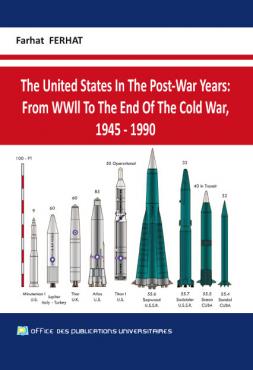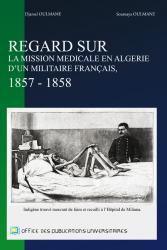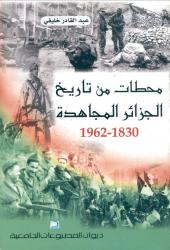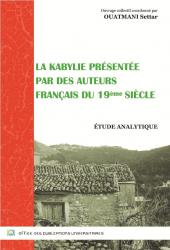This reader is intended for B.A. and L.M.D. students taking American Civilization as a component of an EFL or ESL course. The manual reviews America’s approach to the post-war period from President Harry Truman to George Bush Sr, and the strategies they followed regarding the major Cold War crises. The book outlines the hot issues between the United States, the USSR and China from 1945 to 1990. To that end, it examines the situation in Europe, Asia, Central America and the Middle East including the arms race. In particular, the manual discusses the following topics: the German Question, Korea, Cuba, the Arab-Israeli wars, Taiwan, Vietnam and the end of the Cold War. The study shows that the Cold War came inevitably because of the age-old incompatibility of ideologies and national interests between the major superpowers. But, it also derived from the pronouncements and attitudes of fiery superpower leaders and warmongers on all sides reaching nuclear brinkmanship point at times. The Cold War players in the Eastern and Western blocs fought it out relentlessly and devotedly till the end in spite of occasional short pauses of ‘rapprochement’ and ‘détente’. Ultimately, the financial factor tilted the balance against the communist side for its inability to sustain the costly confrontation of the Cold War much longer.
1 place centrale de Ben Aknoun - Alger





